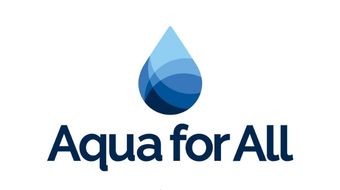At the Toilet Board Coalition, we have had the privilege to work with a number of sanitation economy entrepreneurs operating in the shared and public sanitation facility market. It has become increasingly clear throughout this time that global benchmarking guidelines would be useful to guide operations and investment in upgrading the customer experience.
At the 2019 Global Sanitation Economy Summit we hosted a workshop to begin unpacking this area of work and gauge the potential impact and value of the development of a standard, focused on user experience, for the maintenance and operations of public toilet facilities.
Following the Global Sanitation Economy Summit, a task force was established to create recommendations on how to build and maintain safe public toilets. Working hand in hand with regulatory organisations like TUV SUD, we then consulted entrepreneurs in the sanitation industry to gather practical advice and feedback on what should to be considered and implemented. These learnings have been compiled in our new publication – “Star Rated Public Toilet: TBC Guidelines”.
With these guidelines, we intend to support municipalities, governments, toilet entrepreneurs, and S&M operators in the improvement of the quality and safety of public toilets. The document includes guidelines and recommendations on design and layout, operation and maintenance, safety and security as well as user awareness and education.
Additionally, we advocate for the creation of a rating system that will allow the benchmarking of toilet facilities based on their design, functionality, or cleanliness. We have therefore included a self-assessment checklist, as well as an audit checklist to help toilets operators in their day to day job.
The initial guidelines and the corresponding evaluation checklist will be implemented as a pilot over the coming months with a business currently operating public toilets. Learnings around user experience, branding of a rating system and impact on the business footfall will be some of the parameters to be considered for refining the guide and thereafter taking it to governmental/policy organisations as well as sharing it with international standards organisations.






